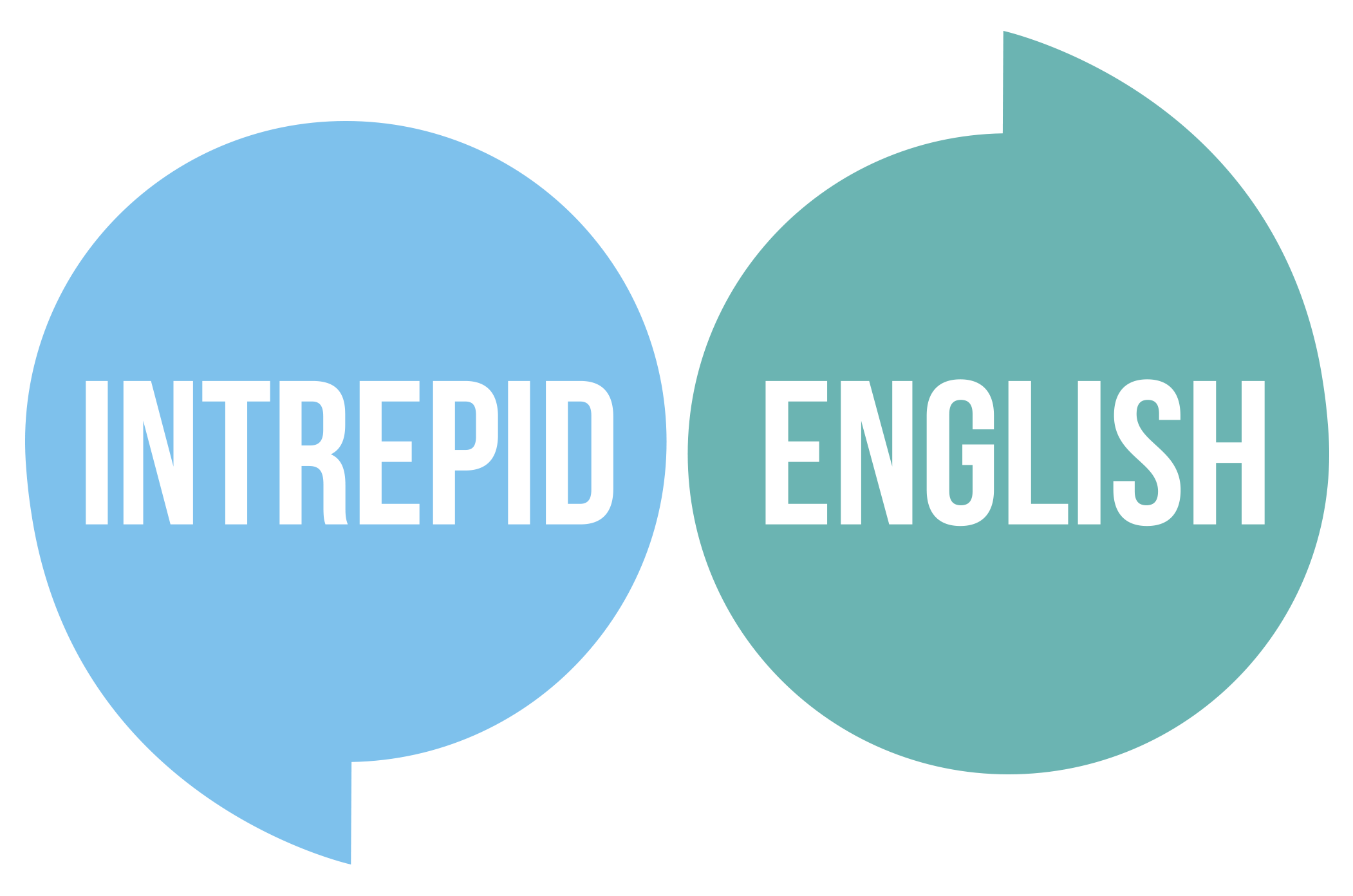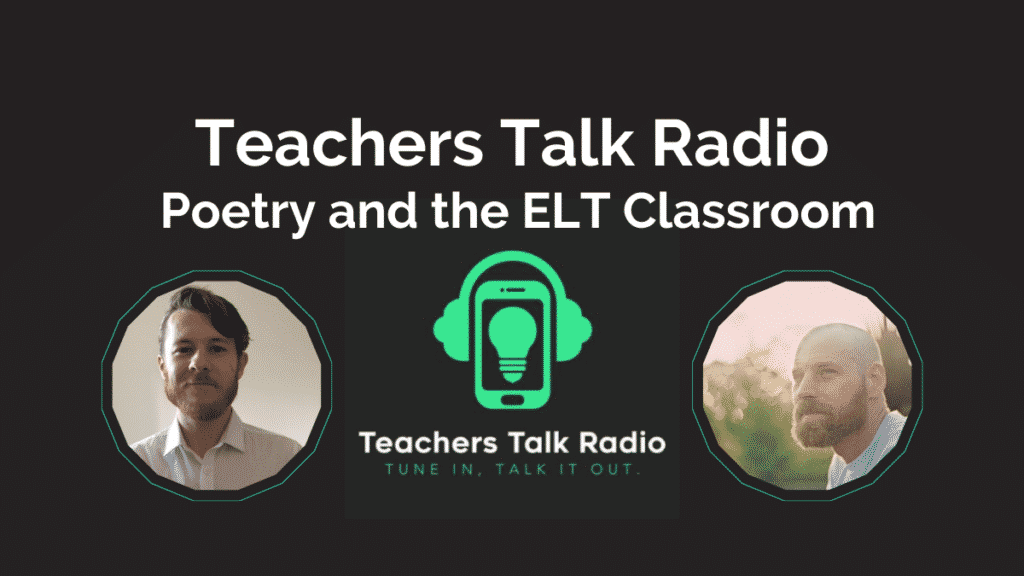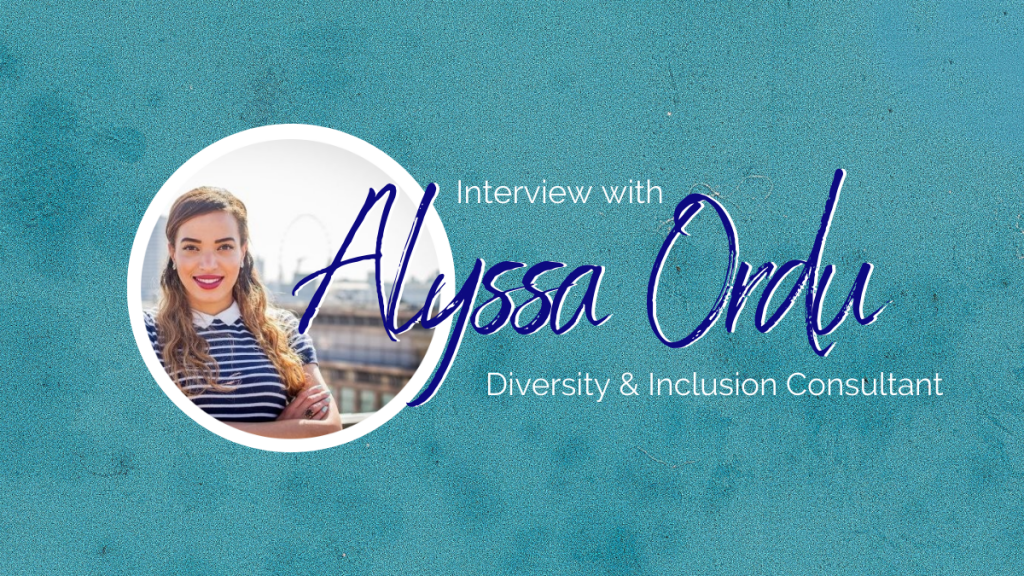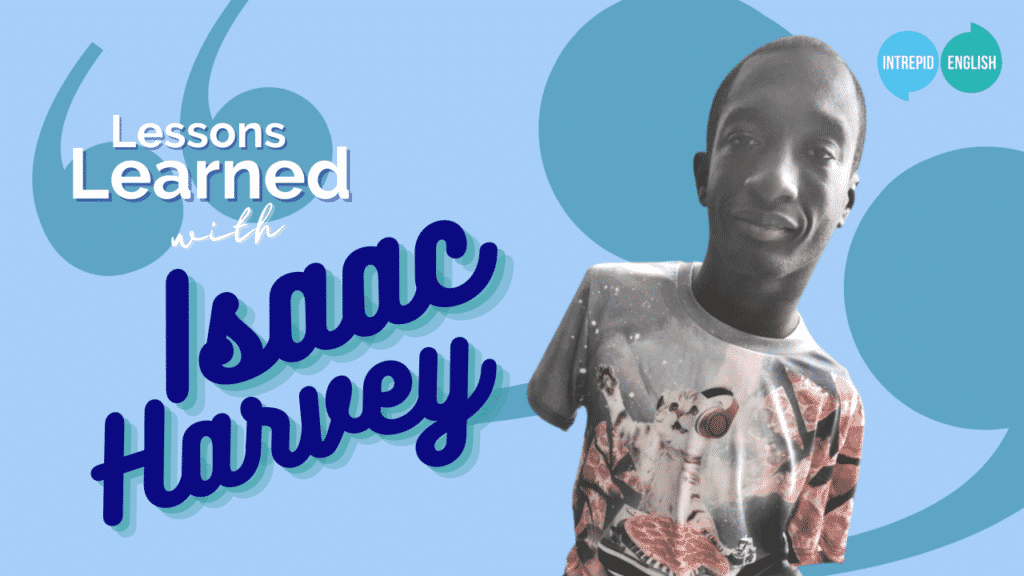Celebrating JWST’s first images with space idioms
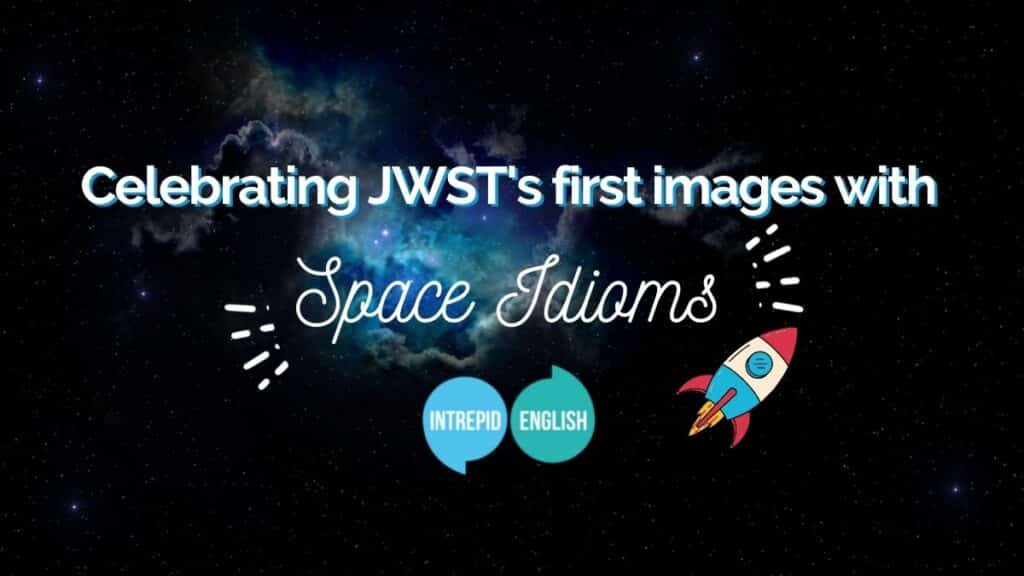
“Space is for everybody. It’s not just for a few people in science or math or for a select group of astronauts. That’s our new frontier out there, and it’s everybody’s business to know about space.”
– Christa McAuliffe, teacher and astronaut
As you may have heard, the James Webb Space Telescope recently published its first images. The raw images look slightly different from what we’re used to from the Hubble Space Telescope because it captures infrared light instead of visible. This means we can ‘look into the past’ at stars so far away they may no longer exist.
In celebration, we decided to bring you some phrases and idioms related to space and space exploration.
Don’t forget to download your Space Idioms cheat sheet at the end of this post.
Idioms and phrases
“Across the sea of space, the stars are other suns.”
– Carl Sagan, cosmologist
Launch (noun and verb)
Start or set something in motion or introduce it to the public for the first time.
The Saturn V spacecraft launched from Florida.
Apple launched the newest line of iPhones last week.
We’re getting ready for the launch.
Eclipse (noun and verb)
Obscure the light from or to another celestial body or deprive someone or something of power and importance.
There won’t be another lunar eclipse like this for a hundred years.
The moon eclipsed the Sun.
The director’s resignation eclipsed the success of our project.
Houston, we have a problem OR Houston, we’ve had a problem
‘Houston’ refers to the NASA command centre located in Houston, TX. This phrase was uttered by the Apollo 13 crew when they discovered their launch didn’t go according to plan. Nowadays, we use it to announce an issue or error to others.
Houston, we have a problem. I can’t see the sales data from July anywhere.
Houston, we have a problem; I missed my bus and will be late.
The eagle has landed
This is another phrase that originates in the Apollo space missions to the moon. This time it was uttered by Neil Armstrong after landing the Lunar Module Eagle in the Sea of Tranquillity on the moon. Nowadays, it’s used for announcing the arrival, or successful completion of a mission or task.
The eagle has landed. We can finish up and leave.
The eagle has landed. I’ll be home in twenty minutes.
Shoot/reach for the stars
This phrase describes trying to achieve something particularly difficult or even unachievable. The meaning comes from the fact that we can’t really reach another solar system with another star.
My mother always told me I could do anything and shoot for the stars.
Our budget for next year is much higher than we expected. We can reach for the stars.
Once in a blue moon
‘Once in a blue moon’ means very rarely and comes from the term for an additional full moon in a year. Most years have twelve full moons, but there are thirteen every two to three years. Blue moon refers to the third full moon in a season with four full moons. The term is used to keep the timing of full moons regular, similar to the reason for leap days.
Growing up, we only had ice cream once in a blue moon.
I see my cousins once in a blue moon.
Come back down to earth
Be more realistic.
It’s a nice idea, but I think you need to come back down to earth a bit.
She’ll come down to earth once she thinks about it.
Be over the moon
Be ecstatic or very happy.
She’ll be over the moon when she hears about it.
I was over the moon when I passed my last exam.
Space out
Daydream or stop paying attention.
I have no idea what the teacher asked; I spaced out.
Many people space out in front of their TV every evening.
It’s not rocket science
It’s not difficult or complicated.
It’s not rocket science, and I’m sure I can figure it out.
I know it’s not rocket science, but I still don’t understand it.
Other space missions
“Things aren’t scary. People are scared.”
– Chris Hadfield, astronaut
If you’d like to learn about or keep track of other space missions, you can find links to some of my favourites below. Which space mission do you like? If you were in charge, where would you send a mission? Leave us a comment below.
Parker Solar Probe exploring the Sun’s corona.
Perseverance rover and Ingenuity helicopter exploring Mars.
Curiosity rover gathering data on Mars.
Hubble Space Telescope taking images in low Earth orbit since 1990.
Lucy spacecraft on its way to the Trojan Asteroids.
Practice
Take a look at the sentences below and try to fill the gaps with appropriate words or phrases. Comment your answers. You can also post other example sentences you make.
1. The _____ went well.
2. _____; I spilt coffee all over my papers.
3. People with ADHD tend to _____ more than others.
4. Our family goes on holiday _____.
5. Maybe we were wrong to _____.
6. We’ll leave when _____.
7. The education crisis was _____ by the collapse of the country’s economy.
8. I know you’re _____ about the news but our work isn’t over. You need to _____.
9. It may not be _____ but kids still struggle with the concept.
Download your free Space Idioms cheat sheet right here.
This content was written and recorded by Intrepid English Teacher Lida.

You can find out more about Lida on her Intrepid English Teacher Profile Page.
Book a free trial lesson today to discuss this topic in more detail, and talk about your English learning goals with an experienced and friendly native English teacher.
If you have any questions, or you would like to request a topic for a future blog, you can contact us using the chatbox, send us an email, or even drop us a message on any of our social media channels.
